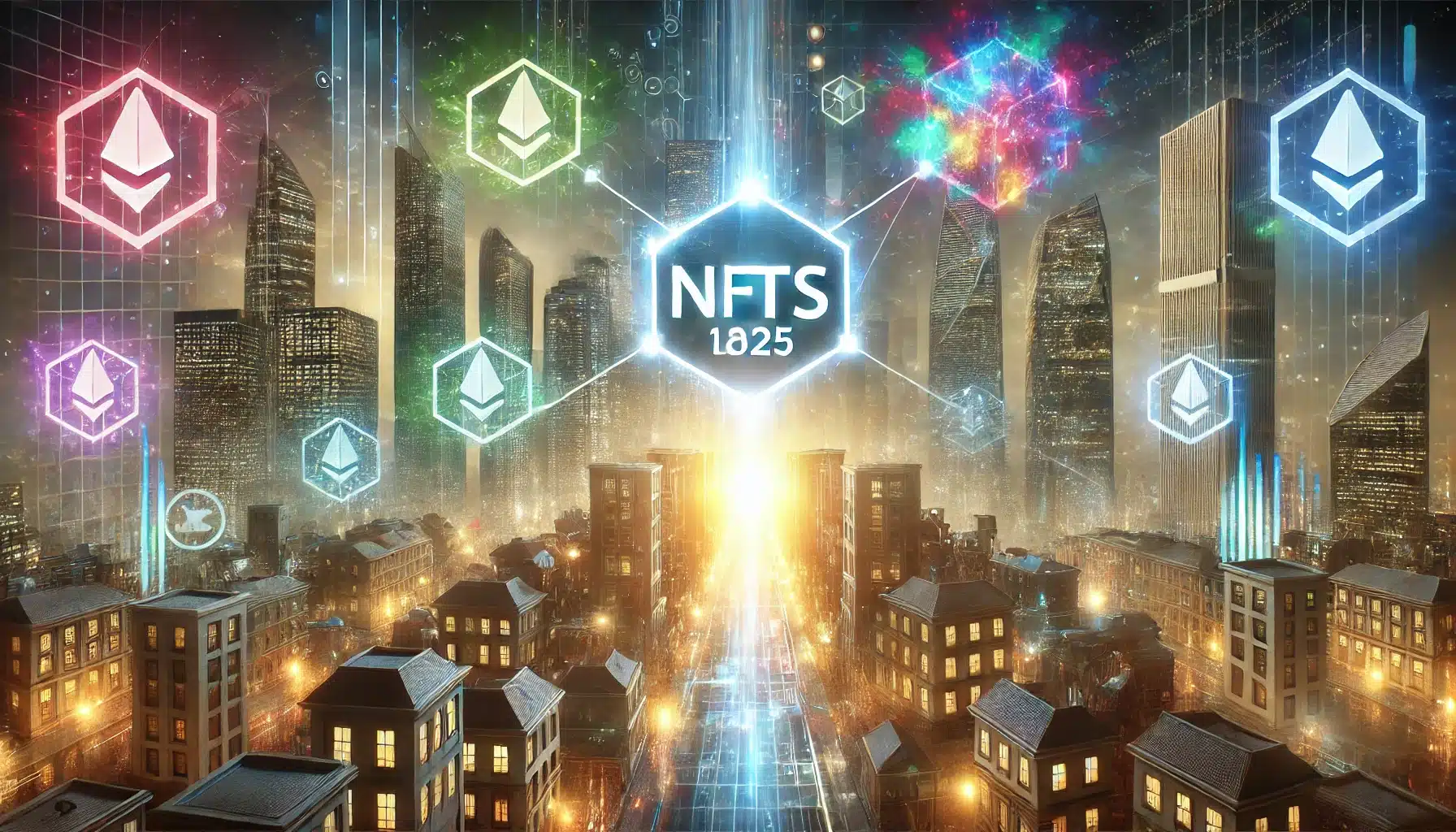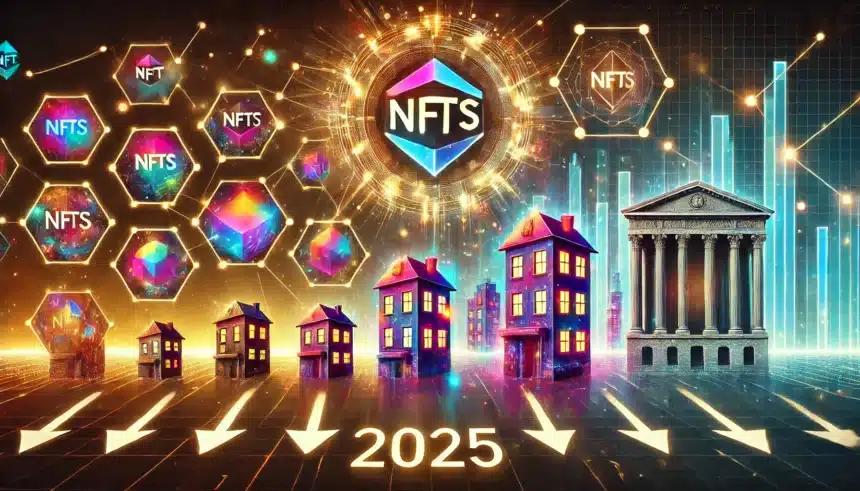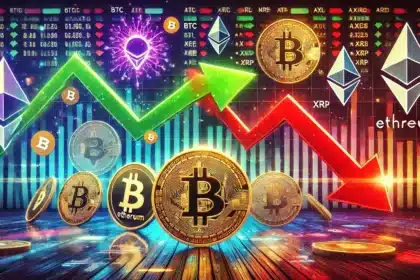Non-Fungible Tokens (NFTs) have rapidly evolved from niche digital collectibles to versatile tools with applications across industries. As we approach 2025, the potential of NFTs is no longer limited to art; they are becoming integral to sectors like real estate, gaming, and supply chain management. This article explores how NFTs are shaping the future and what lies ahead for this revolutionary technology.
The Evolution of NFTs: From Digital Art to Real-World Applications
NFTs gained global recognition as a means to authenticate digital art and collectibles. Early adopters were artists and collectors who valued the immutable records provided by blockchain technology. Today, NFTs are used in gaming, music, and even sports memorabilia. This progression highlights their adaptability and sets the stage for their expansion into broader applications, including real estate and beyond.
How NFTs Are Redefining the Art World
NFTs have transformed the art industry by enabling artists to monetize their work through royalties and ensuring buyers have proof of authenticity. Platforms like digital galleries and blockchain-powered auctions have made art more accessible, reaching global audiences without geographical limitations. However, challenges such as environmental concerns and market fluctuations remain significant obstacles to overcome.
NFTs in Real Estate: A Game-Changer for Property Transactions
Real estate is among the industries poised for disruption by NFTs. With the ability to tokenize properties, buyers can purchase fractional ownership, making investments more accessible. Blockchain transparency eliminates the need for intermediaries, streamlining transactions. Smart contracts, another breakthrough feature of NFTs, automate legal agreements, ensuring secure and efficient processes. Real-world examples, such as tokenized property sales, demonstrate the practical potential of this innovation.

Emerging Use Cases for NFTs in 2025
By 2025, NFTs will likely expand into new and exciting areas:
- Gaming Ecosystems: NFTs as tradable in-game assets will revolutionize how gamers interact across platforms.
- Digital Identity: Secure and verifiable digital credentials as NFTs could replace traditional ID systems.
- Event Ticketing: Fraud-proof tickets issued as NFTs ensure transparency for both organizers and attendees.
- Supply Chain Management: NFTs can verify the authenticity and origin of goods, enhancing trust in logistics.
Investment Opportunities and Risks
As NFTs diversify into various sectors, they offer lucrative investment opportunities. Industries such as gaming, real estate, and supply chain management are projected to experience high growth. However, investors must remain cautious of market speculation and regulatory uncertainties. For long-term success, diversification and understanding the underlying technology will be critical.
Conclusion
The future of NFTs is bright, with applications extending far beyond art and collectibles. From revolutionizing property transactions to ensuring transparency in supply chains, NFTs have the potential to transform industries. As technology evolves, staying informed about trends and developments will be crucial for anyone looking to benefit from this exciting digital frontier.
- https://twitter.com/Thebitjournal_
- https://www.linkedin.com/company/the-bit-journal/
- https://t.me/thebitjournal
Follow us on Twitter and LinkedIn and join our Telegram channel to get instant updates on breaking news!






























